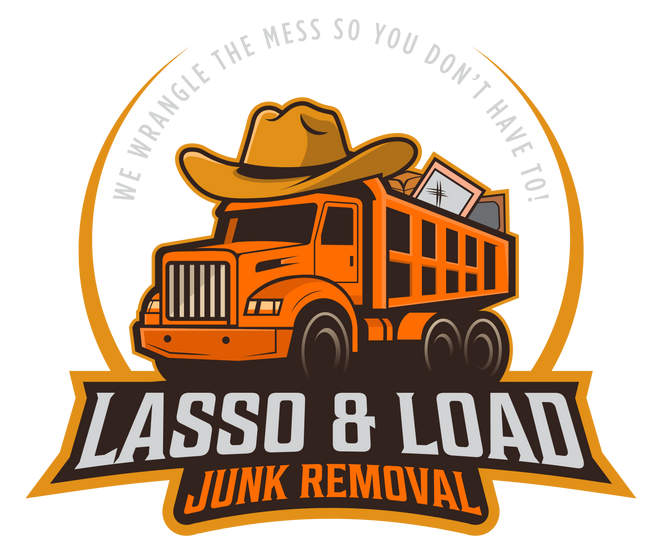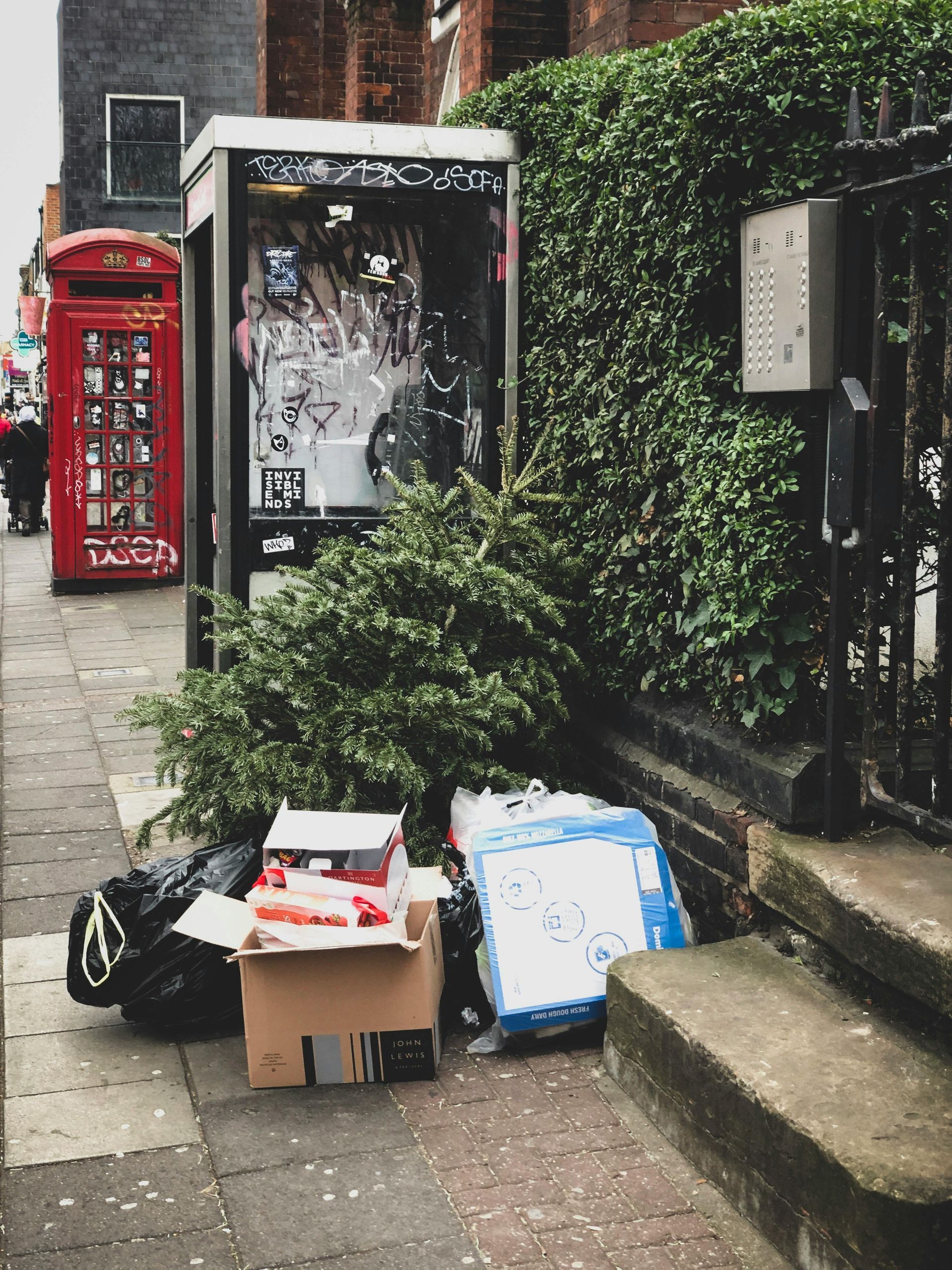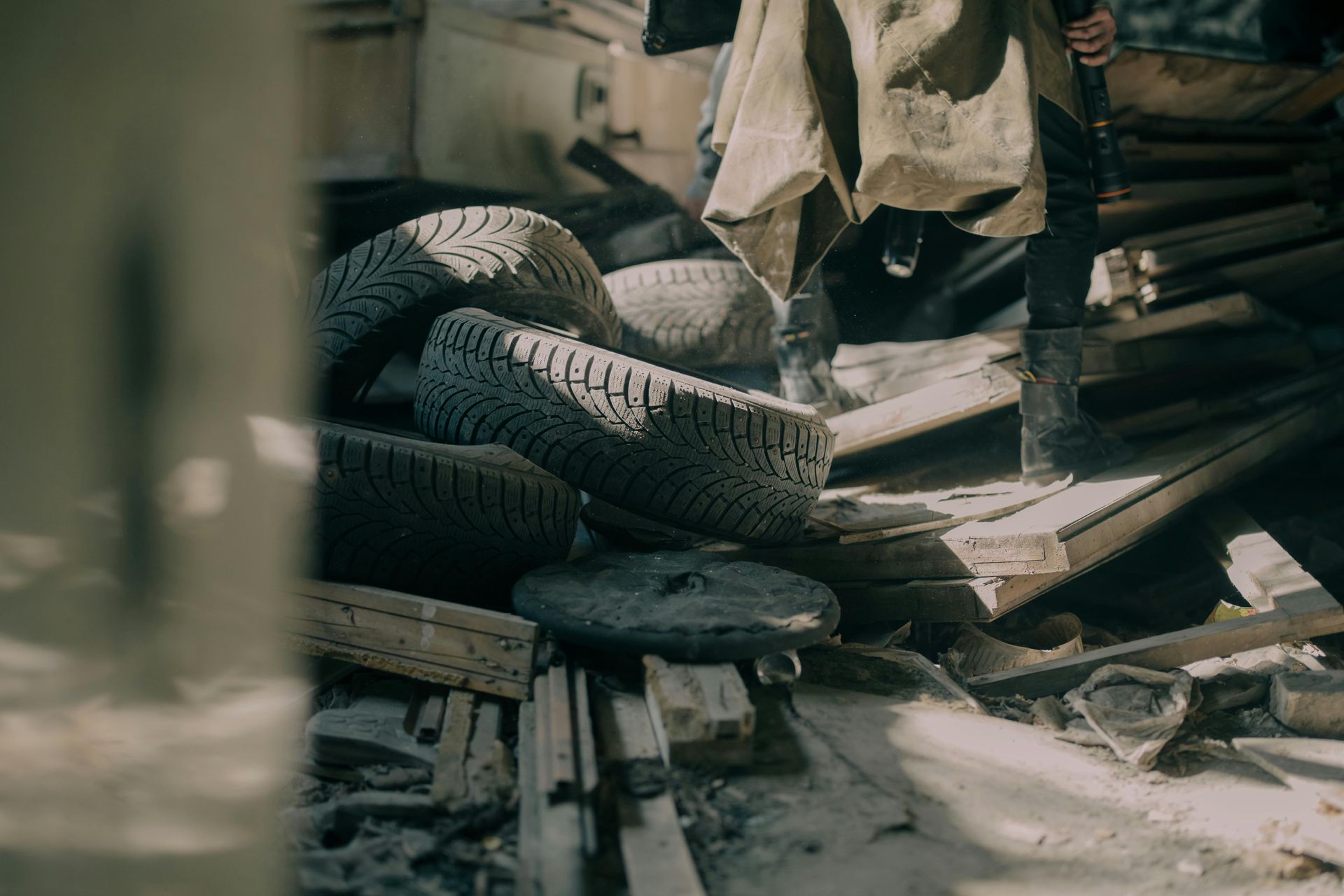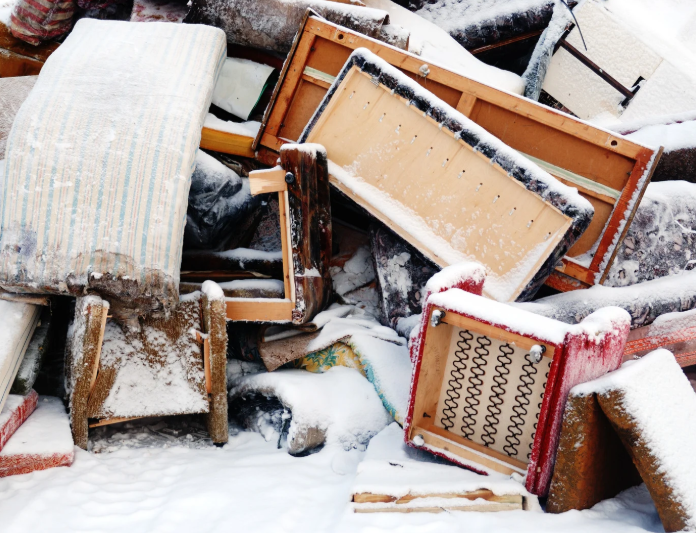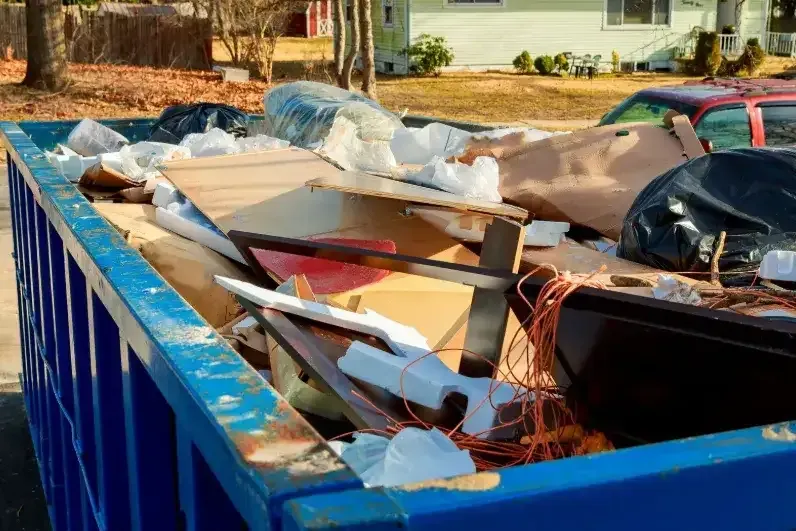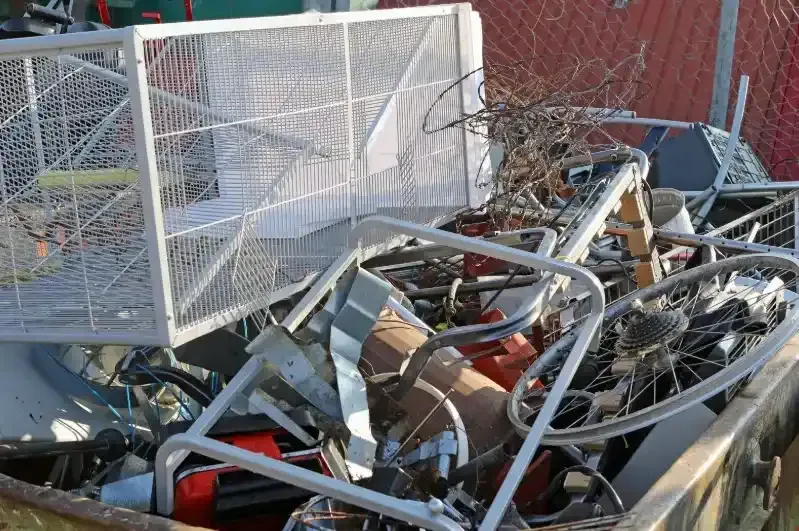The Environmental Importance of Donating Your Junk Items
In today’s world, where waste production and environmental degradation are growing concerns, there is a powerful solution that is often overlooked: donating your junk items. Many people view their unwanted goods as nothing more than waste, ready to be discarded without much thought. However, by considering donating these items instead of sending them to a landfill, you can contribute significantly to reducing environmental impact.
Every piece of junk that is donated rather than discarded reduces the strain on landfills, helping to prevent methane emissions and the release of harmful chemicals into the soil. This simple act not only helps decrease landfill waste but also promotes a culture of sustainability by encouraging reuse and recycling. Donating your unwanted possessions doesn’t just benefit the environment—it helps communities by providing affordable goods to those in need, supports local charities, and fosters a more sustainable way of living. In essence, donating is an easy yet impactful way to make a difference for both people and the planet.
Reducing Landfill Waste
One of the most immediate environmental benefits of donating unwanted items is the reduction of waste that ends up in landfills. Landfills are quickly reaching their capacity in many regions, leading to further environmental and health risks. When items like furniture, clothing, or electronics are discarded in landfills, they take up valuable space and contribute to long-term pollution. As these items decompose, they produce methane—a potent greenhouse gas that exacerbates climate change.
Donating unwanted items to charities and recycling centers helps divert these goods from the landfill, giving them a second life. This reduces landfill overflow and helps mitigate the harmful environmental effects associated with waste disposal. By donating, you are directly contributing to reducing the volume of garbage, cutting down on harmful emissions, and playing a crucial part in combating global warming.
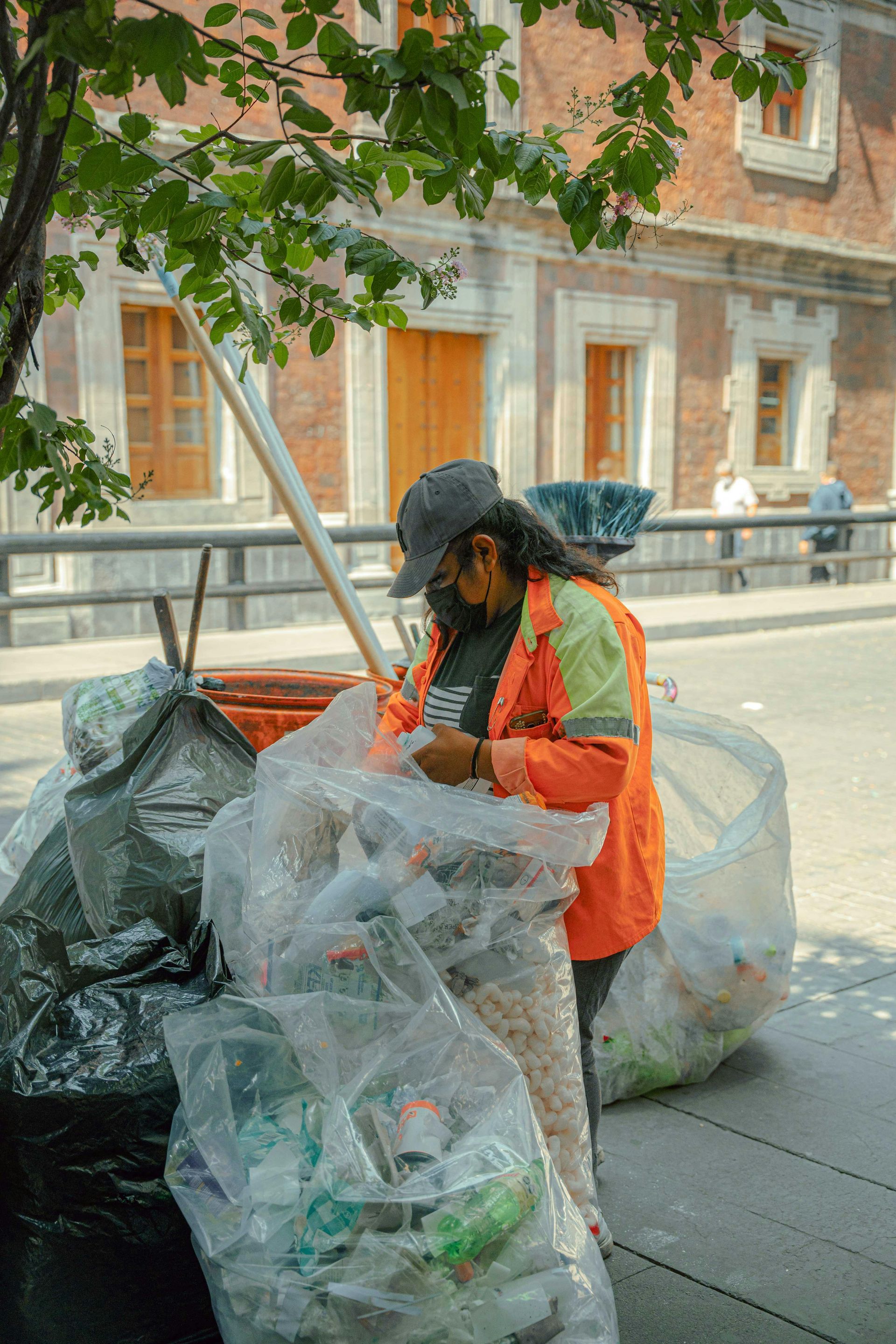
Supporting the Circular Economy
The circular economy is a transformative, sustainable model designed to extend the lifecycle of products by keeping them in active use for as long as possible. Donating unwanted items is an essential part of this model. Instead of throwing away goods, donations allow for reuse, refurbishment, and resale. This keeps valuable products circulating within the economy, reducing the demand for new goods to be manufactured.
Every item that is donated—whether it's furniture, clothing, or electronics—stays in the system longer, which helps minimize resource extraction and the need for new manufacturing processes that consume significant raw materials and energy. By donating, individuals can contribute to a more sustainable consumption model that emphasizes recycling, reusing, and repurposing, rather than mindless disposal. This practice reduces waste, preserves natural resources, and fosters an economy where products have multiple lives, decreasing overall environmental impact.
Reducing Resource Extraction
The extraction of raw materials for manufacturing new products is an energy-intensive and environmentally damaging process. For example, mining metals for electronics, cutting down trees for furniture, or harvesting minerals for new appliances leads to habitat destruction, soil erosion, and loss of biodiversity. By donating your used goods, you help lower the demand for these natural resources. Donating items such as furniture, electronics, or appliances helps avoid the need for additional mining, logging, and other resource-extracting activities.
Instead of purchasing new products that require the extraction of fresh materials, donated items are refurbished, reused, or recycled, conserving precious resources. This process reduces the environmental footprint associated with the creation of new products. Additionally, the life cycle of donated goods is extended, allowing materials to be used more efficiently and minimizing the pressure on ecosystems that would otherwise face the consequences of unsustainable resource extraction.
Saving Energy
Manufacturing new products consumes vast amounts of energy at every step of the production process—from raw material extraction to transportation and assembly. For instance, producing a new item of furniture, an electronic device, or a household appliance requires considerable energy in mining, processing, and refining materials, and then in manufacturing the finished product. In contrast, donating used items significantly cuts down on the energy required for production. Items like secondhand electronics, furniture, and clothing can often be refurbished or resold, requiring far less energy than creating new versions.
Donating these items not only helps conserve energy but also reduces the carbon emissions associated with manufacturing. By extending the lifecycle of products, you’re effectively reducing your own energy consumption and your carbon footprint. As a result, donating items is a simple but effective way to minimize the environmental impacts of energy-intensive manufacturing processes.
Helping Local Communities
While donating unwanted items significantly benefits the environment, it also has a profound positive impact on local communities. Many organizations depend on donations to provide essential goods to those in need, especially for individuals and families who cannot afford to buy new items. The items you no longer need—whether they are clothing, furniture, or household goods—can make a real difference to others, helping to support charities, food banks, homeless shelters, and various community initiatives.
The funds raised from the resale of donated goods help finance local programs that support education, healthcare, and social services. In some cases, these donations directly assist people in securing necessary items, such as clothing or furniture, that they would otherwise struggle to afford. By donating your junk, you not only contribute to reducing waste and pollution but also play an active role in helping those who need it most within your community.
Reducing Pollution
Industrialization has led to a significant increase in pollution, with much of it being caused by waste materials like plastics and electronics, which do not decompose easily and can take years or even centuries to break down. These non-biodegradable materials release harmful chemicals into the soil, air, and water, causing severe pollution and posing a threat to both wildlife and human health. Donating unwanted items, particularly electronics, helps mitigate this problem by ensuring that products are either recycled or properly disposed of, rather than ending up in landfills.
Many donation centers have the necessary facilities to handle hazardous waste, like e-waste, ensuring these items don’t pollute the environment. By donating, you're ensuring that items are responsibly processed, reducing the risk of toxic substances leaching into the earth and contributing to pollution. This action not only protects the environment but also supports better waste management practices.
Encouraging Sustainable Consumer Behavior
Donating junk plays a crucial role in fostering sustainable consumer behavior. When people donate rather than discard, they help normalize the idea of reusing, recycling, and repurposing items. This behavior shifts the societal mindset toward a more sustainable way of living, where consumption is more mindful and waste is minimized. As more individuals engage in the practice of donating their unwanted items, they model responsible consumption for others, contributing to a cultural shift that values sustainability over mindless consumption.
By donating goods—whether clothing, furniture, or electronics—people set a positive example, inspiring others to think twice before discarding items. This growing trend can lead to broader societal changes, where sustainability becomes an integral part of everyday life, influencing not just individuals but communities, businesses, and even governments to take further steps toward reducing waste and promoting the responsible use of resources.
The Role of Professional Junk Removal Services
While donating your unwanted items is an important step toward reducing waste and supporting sustainability, it’s not always easy to manage large volumes of goods on your own. Many people struggle to dispose of bulky or hard-to-move items, and the logistics of donating can seem overwhelming. This is where professional junk removal services, like Lasso & Load Junk Removal, come into play.
These services help you efficiently remove unwanted items from your home or office, making sure they are donated to the appropriate organizations, recycled, or disposed of responsibly. Junk removal companies can assist in sorting through items, deciding which goods are suitable for donation, and then handling the entire process of transportation to charitable organizations or recycling centers..
A Solution to the Growing Landfill Crisis
Landfills are a growing problem in many parts of the world, consuming vast amounts of land and contributing to greenhouse gas emissions. A major portion of waste in landfills is composed of household items that could have been recycled, repurposed, or donated. When these items are thrown away, they take up space in landfills, where they can take years to decompose. For instance, plastics, textiles, and electronic waste (e-waste) are among the top contributors to landfill growth. By donating instead of discarding, we can effectively reduce the volume of waste that goes into landfills, easing the burden on local waste management systems.
Many of the items we consider junk—old furniture, gently used clothes, or electronics that no longer serve us—are still in working condition and can be of use to someone else. Donation centers, charities, and thrift stores are excellent platforms that accept these items and make them available to those in need. This helps minimize waste while ensuring that these goods are used to benefit others.
Conclusion
Incorporating the donation of junk into your regular cleaning and decluttering routines is an essential part of living more sustainably. The environmental importance of donating unwanted items cannot be overstated—it reduces landfill waste, conserves resources, lowers energy consumption, helps support local communities, and reduces pollution. Whether it’s old furniture, clothes, or electronics, donating your items can make a world of difference, both to the environment and the people who benefit from these contributions.
If you have junk around your home or office that you want to donate or need help with, Lasso & Load Junk Removal is here to assist. Our team is dedicated to environmentally-friendly practices and can help you sort, donate, and responsibly dispose of your unwanted items. Contact us today at 404-227-2017 or email Lauren.renwickk@gmail.com to schedule a pickup and make a positive impact on your surroundings and the environment.
